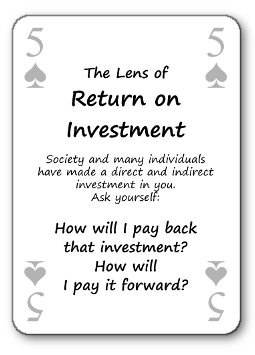 Oxford graduate student, William MacAskill, wrote a piece in Quartz: To save the world, don’t get a job at a charity; go work on Wall Street. He makes the point that you might be more effective making a ton on money on Wall Street and giving a large chunk of it away rather than becoming just one more person working for a non-profit because charities are labor rich but money poor.
Oxford graduate student, William MacAskill, wrote a piece in Quartz: To save the world, don’t get a job at a charity; go work on Wall Street. He makes the point that you might be more effective making a ton on money on Wall Street and giving a large chunk of it away rather than becoming just one more person working for a non-profit because charities are labor rich but money poor.![]() I responded with Don’t come to Wall Street for the money, even if you plan on giving it away, in which I say it is more easily said than done because it is possible to do more harm than all the good you can do if you give it all away.
I responded with Don’t come to Wall Street for the money, even if you plan on giving it away, in which I say it is more easily said than done because it is possible to do more harm than all the good you can do if you give it all away.
CNBC called and soon William and I were on the show for one of those 60 second spots with a 30 second commercial in the middle. You can watch it here, although to get a better sense of what we’re trying to say it is better to read the original articles.


